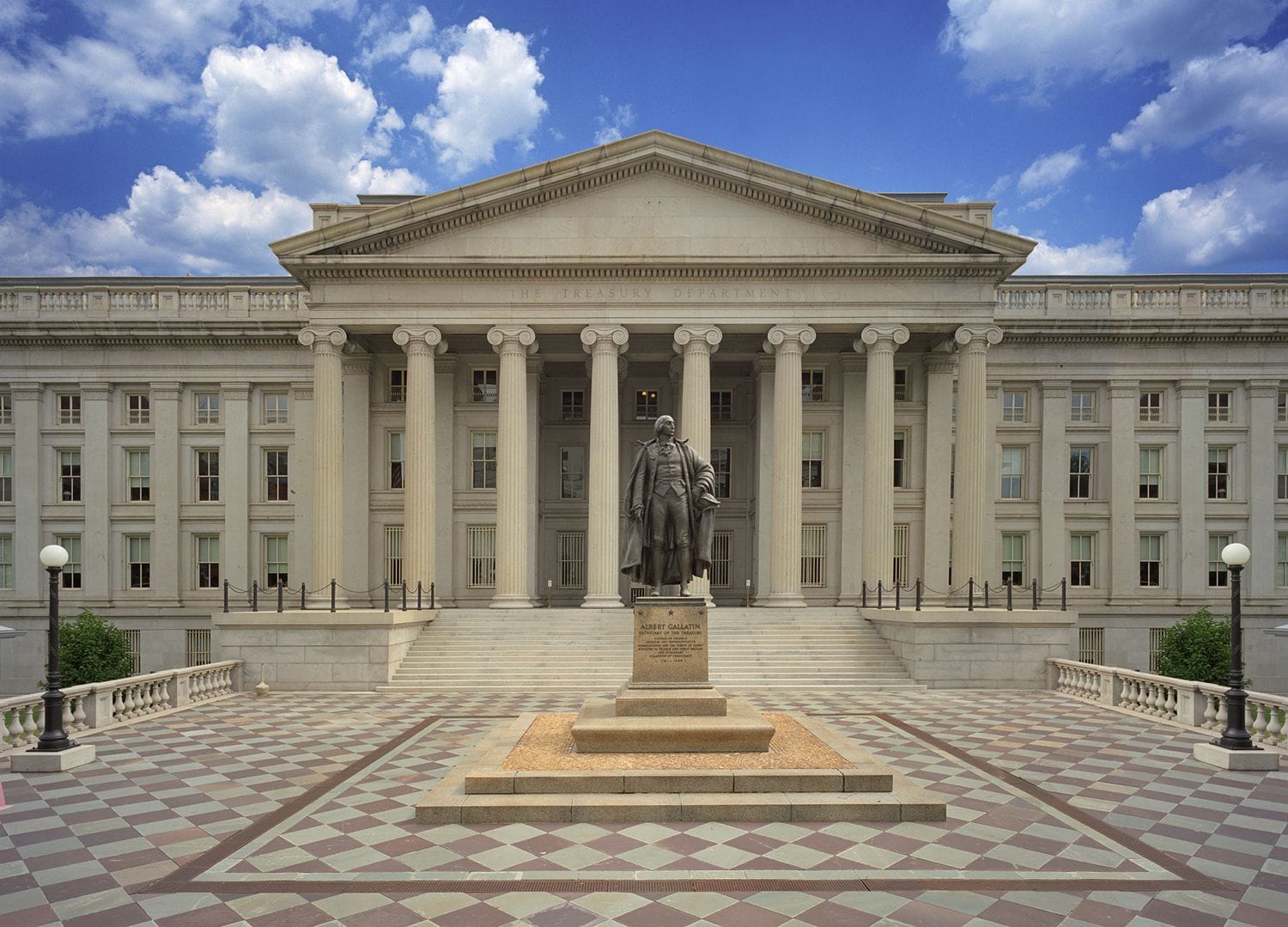The U.S. Treasury Department has recently announced a major cybersecurity breach attributed to Chinese hackers, marking a significant incident in the ongoing battle against cyber espionage. This breach is not an isolated event but rather part of a larger pattern of cyberattacks that have increasingly targeted government agencies and private organizations within the United States. The implications of this incident are far-reaching, raising concerns about national security, the protection of sensitive information, and the ongoing geopolitical tensions between the U.S. and China.
According to officials, the breach involved the unauthorized access and theft of sensitive documents from the Treasury’s networks. While specific details regarding the nature of the stolen documents have not been disclosed, the incident underscores the vulnerability of critical government infrastructure to sophisticated cyber threats. This breach has prompted immediate investigations and a reassessment of cybersecurity protocols within the Treasury and other government departments.
Cybersecurity experts have noted that this incident is part of a broader trend of cyber espionage activities attributed to state-sponsored actors, particularly from China. Over the past few years, there has been a notable increase in cyberattacks targeting U.S. government agencies, defense contractors, and other organizations deemed critical to national security. These attacks often aim to steal sensitive information, disrupt operations, or undermine public confidence in government institutions.
The U.S. government has previously accused Chinese hackers of engaging in cyber espionage to advance their national interests, often focusing on industries such as technology, defense, and finance. The Chinese government has consistently denied allegations of involvement in cyberattacks, asserting that it is also a victim of cybercrime. However, the evidence presented by U.S. intelligence agencies and cybersecurity firms has led to increasing scrutiny of China’s cyber activities.
In response to the recent breach, the Treasury Department has emphasized the importance of enhancing cybersecurity measures across all federal agencies. This includes implementing advanced threat detection systems, conducting regular security assessments, and fostering a culture of cybersecurity awareness among employees. The department has also called for greater collaboration between government agencies and the private sector to share information about emerging threats and best practices for cybersecurity.
The incident has sparked discussions about the need for stronger cybersecurity legislation and policies to protect sensitive government data from foreign adversaries. Lawmakers have expressed concern about the potential consequences of such breaches, including the risk of sensitive information falling into the hands of hostile foreign governments. As a result, there may be renewed efforts to strengthen cybersecurity frameworks and allocate additional resources to combat cyber threats.
In addition to the immediate response to the breach, there are broader implications for U.S.-China relations. The ongoing tensions between the two nations have been exacerbated by issues such as trade disputes, human rights concerns, and military posturing in the Asia-Pacific region. Cybersecurity has emerged as a key battleground in this rivalry, with both nations seeking to protect their interests while accusing each other of malicious cyber activities.
As the investigation into the breach continues, it is crucial for the U.S. government to remain vigilant in the face of evolving cyber threats. The rapid advancement of technology and the increasing sophistication of cybercriminals require constant adaptation and innovation in cybersecurity strategies. Furthermore, it is essential for government agencies to prioritize the protection of sensitive information to maintain public trust and ensure national security.
The U.S. Treasury’s acknowledgment of this significant cybersecurity incident serves as a stark reminder of the ongoing challenges posed by cyber threats. As the digital landscape continues to evolve, so too must the strategies employed to safeguard critical information and infrastructure. The implications of this breach will likely be felt for years to come, as the U.S. government navigates the complex terrain of cybersecurity and international relations in an increasingly interconnected world.
In conclusion, the recent breach at the U.S. Treasury Department highlights the pressing need for robust cybersecurity measures and a coordinated response to the growing threat of cyber espionage. As the investigation unfolds, it will be essential for the U.S. government to not only address the immediate fallout but also to develop long-term strategies to protect against future cyber threats.



